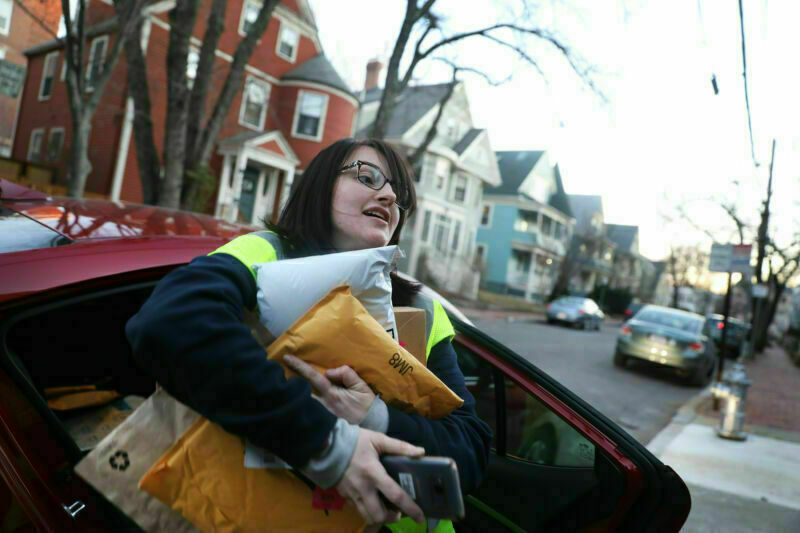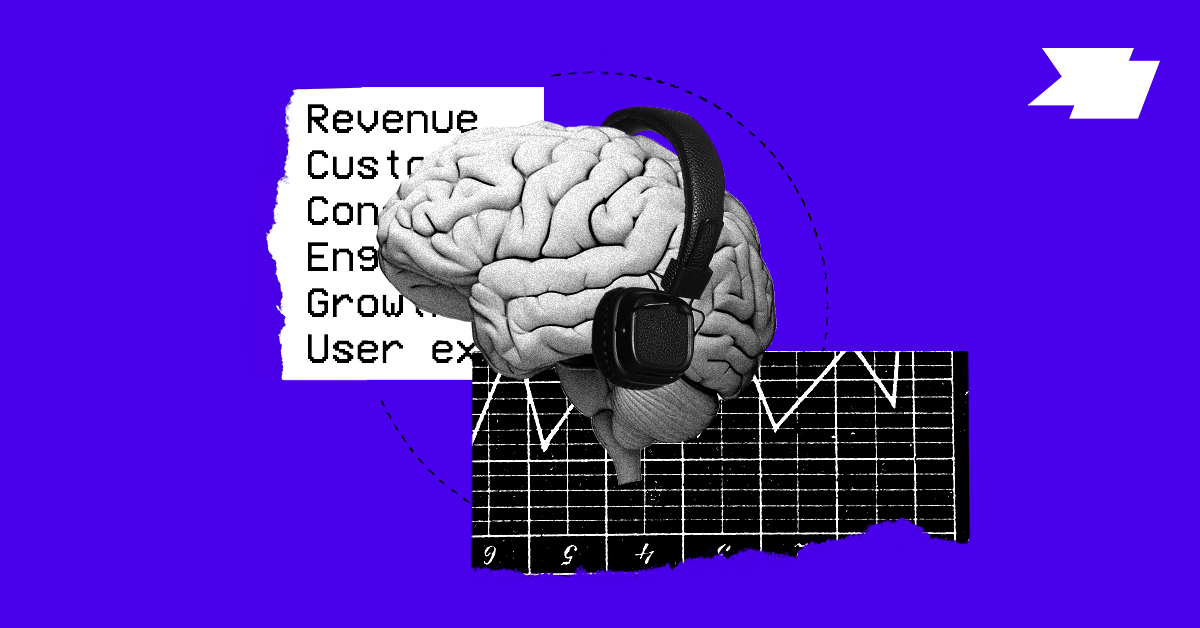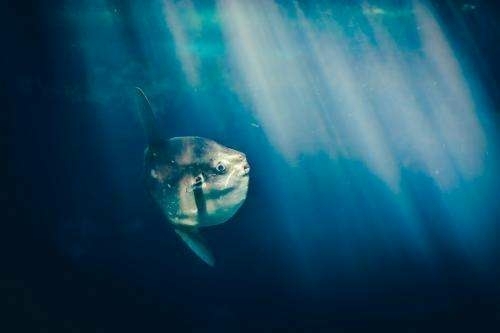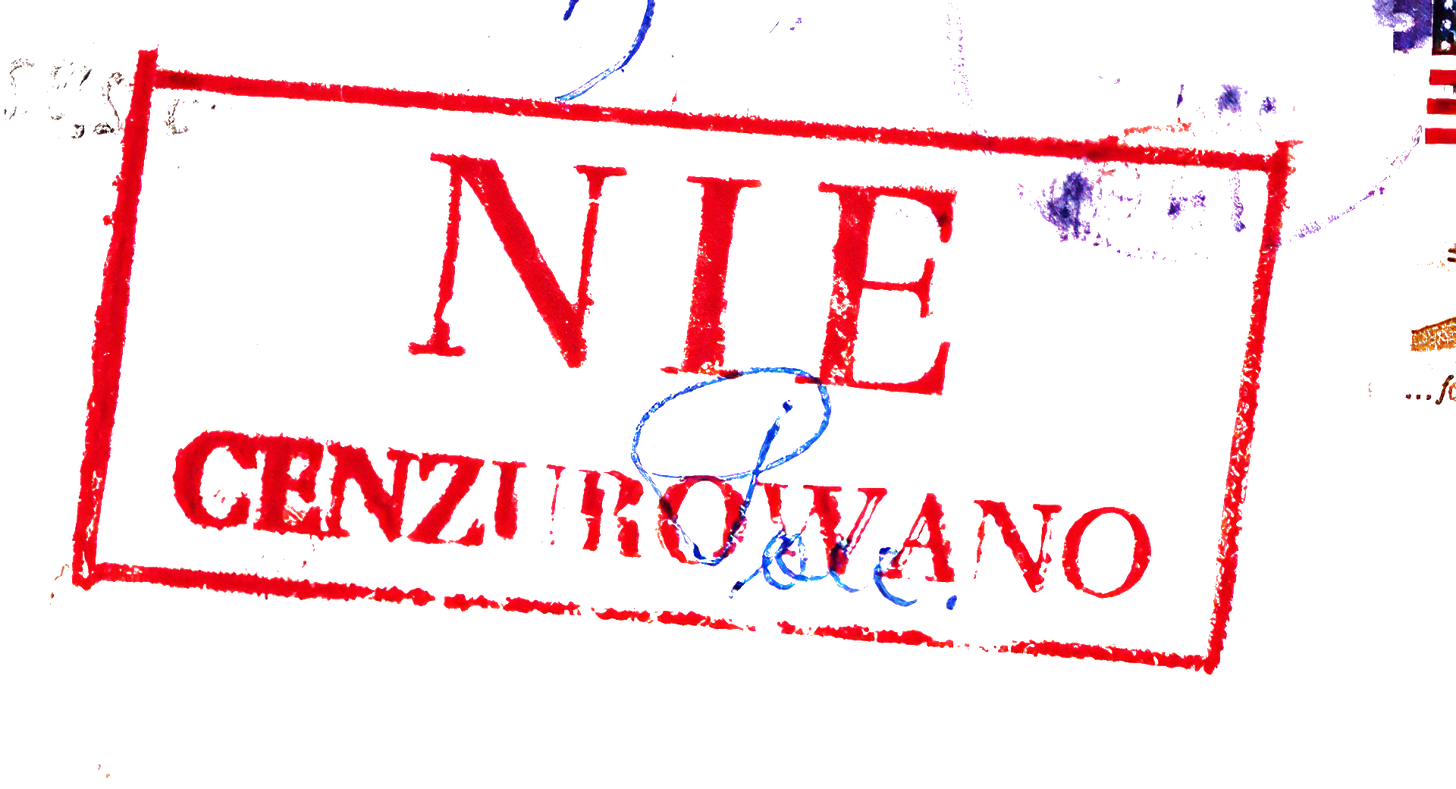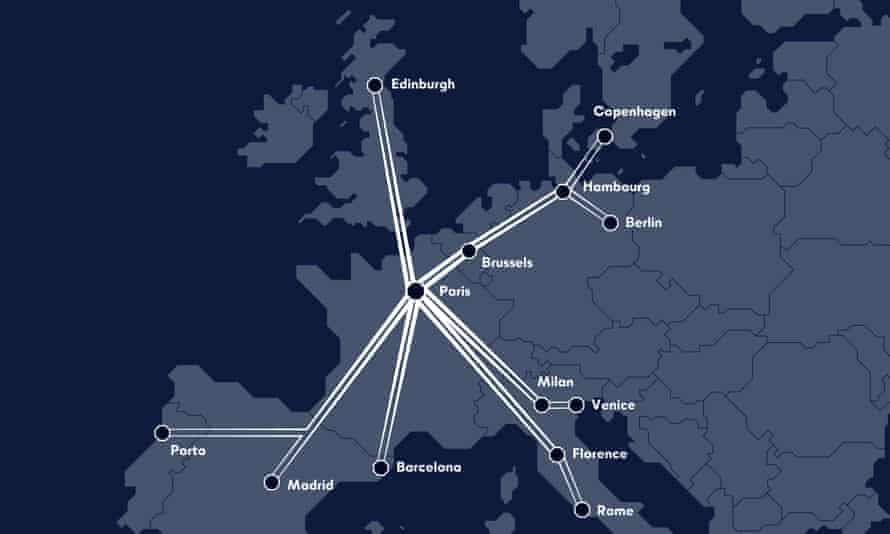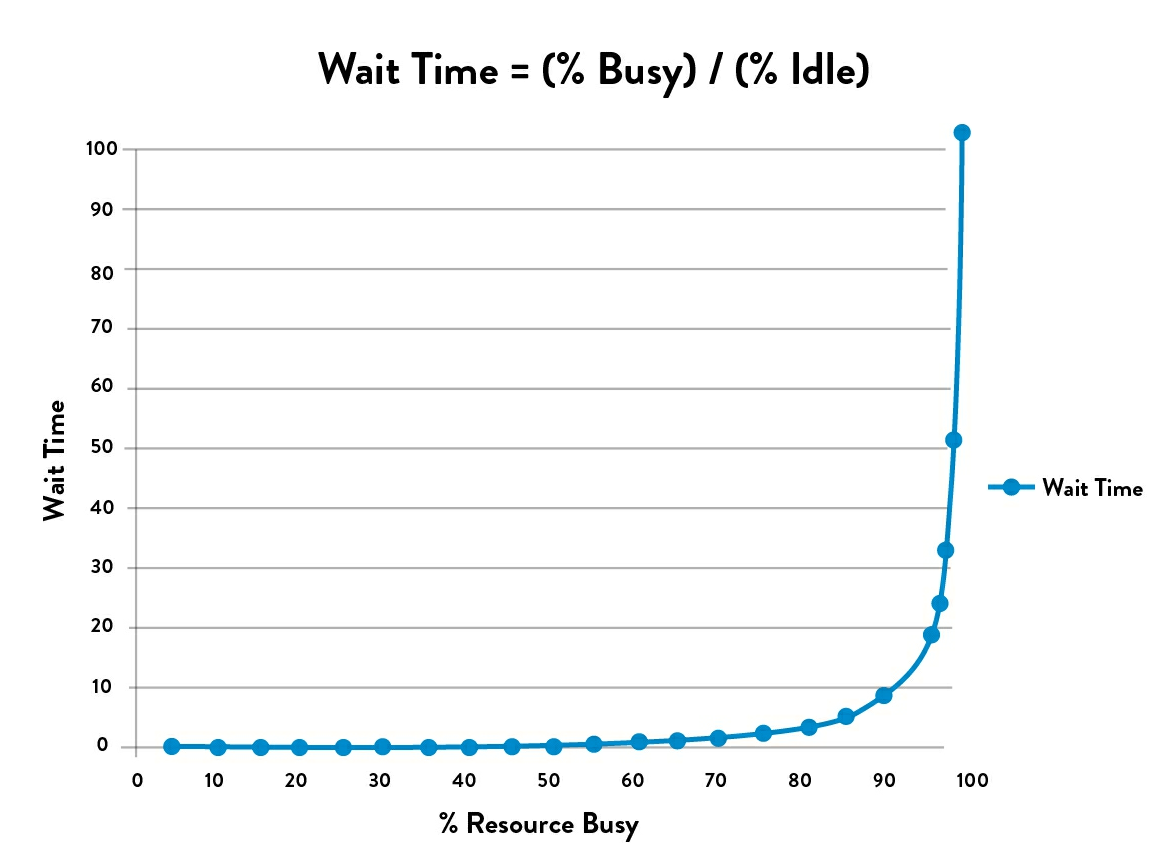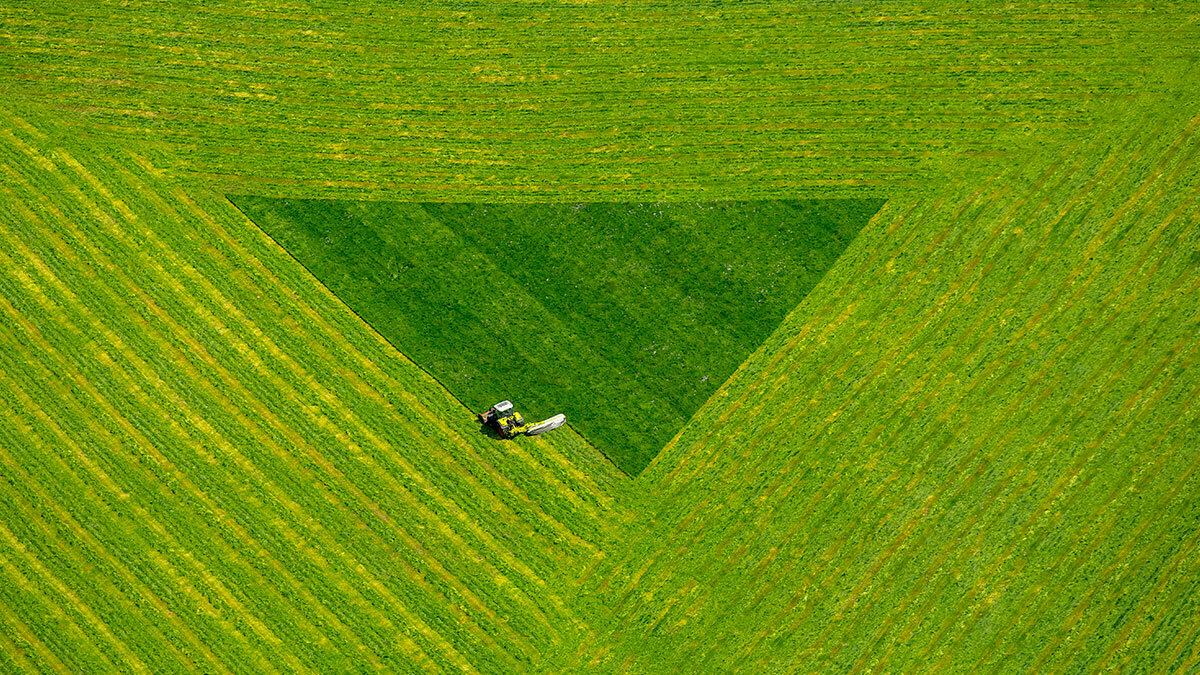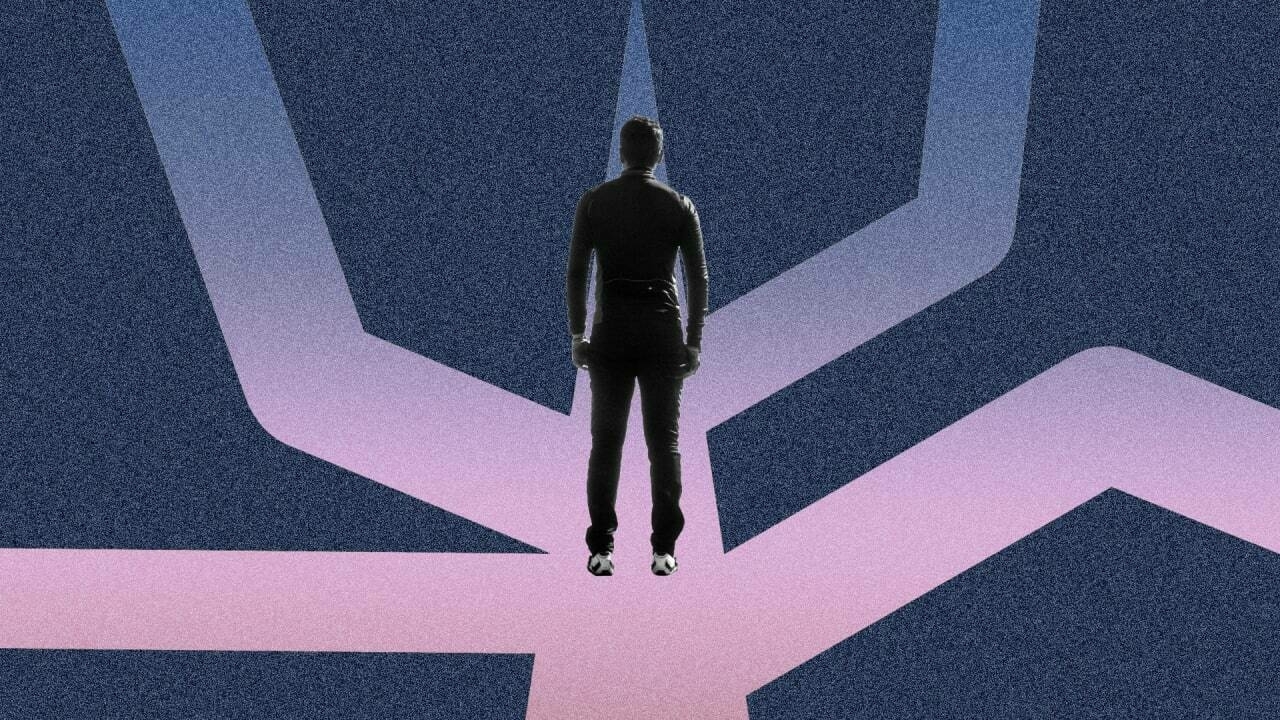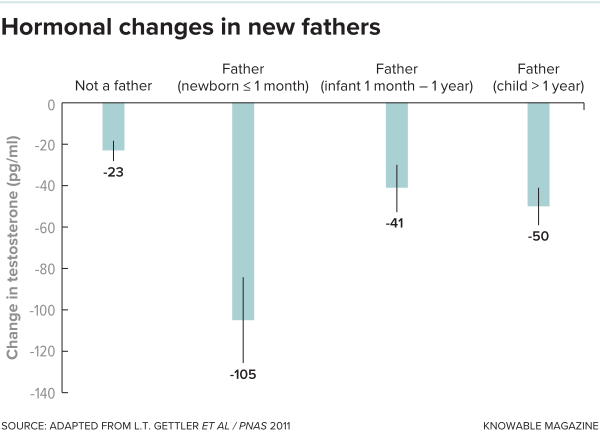Giving work oxygen
Cassie Robinson, whose work I seem to have been two steps removed from over the last decade, talks about the importance of weeknotes and working openly in general.
Her reasons for doing so?
- It's about radiating intent
- It’s about modelling better ways of working
- It’s an important feedback loop
- It’s about creating provenance for the work and for your integrity
- It’s a double-sided coin
- Using your positionality
Moving air through a building more efficiently using a fan
For those of you sweltering away inside a building, it might be better to be blowing air out of the window…
[embed]www.youtube.com/watch
This man reports that the best place to put a fan is about 2 ft from a window, facing the window, and he has numbers on a computer screen to prove it.Source: The best place to put a fan | Boing Boing
Moving air through a building more efficiently using a fan
For those of you sweltering away inside a building, it might be better to be blowing air out of the window…
[embed]www.youtube.com/watch
This man reports that the best place to put a fan is about 2 ft from a window, facing the window, and he has numbers on a computer screen to prove it.Source: The best place to put a fan | Boing Boing
Algorithmic work overlords
When I read articles like this that remind me of the film Elysium, I try and tell myself that, in the end, people won’t allow themselves to be treated like this.
But, on the other hand, there are always desperate people. Also, practices like this, if they become embedded in an industry, are hard to shift. This is why trade unions exist and are necessary to counter the power of huge organisations.
Flex hirings, performance reports, and firings are all handled by software, with minimal intervention by humans. Drivers sign up and upload required documents via a smartphone app, through which they also sign up for shifts, coordinate deliveries, and report problems. It’s also how drivers monitor their ratings, which fall into four broad buckets—Fantastic, Great, Fair, or At Risk. Flex drivers are assessed on a range of variables, including on-time performance, details like whether the package is sufficiently hidden from the street, and a driver’s ability to fulfill customer requests.Source: Amazon is using algorithms with little human intervention to fire Flex workers | Ars Technica
What exactly is 'hybrid work'?
‘Future’ is a new publication from the VC firm a16z. As such, most things there, while interesting, need to be taken with a large pinch of salt.
This article, for example, feels almost right, but as a gamer the ‘multiplayer’ analogy for work breaks down (for me at least) in several places. That being said, I’ve suggested for a while that our co-op meets around a campfire in Red Dead Redemption II instead of on Zoom…
Remote 1.0. The first wave of modern “remote-first” companies (including Automattic, Gitlab, and Zapier) leaned heavily on asynchronous communication via tools like Google Docs and Slack. This involved a fundamental culture shift that most enterprises could not — and didn’t want to — undertake. It didn’t help that video conferencing technology was clumsy and unreliable, making frictionless real-time communication unfeasible. When collaboration happened, it was primarily through screen sharing: low-fidelity, non-interactive, ineffective. Rather than paving the way, technology was in the way.Source: Hybrid Anxiety and Hybrid Optimism: The Near Future of Work | FutureRemote 2.0, the phase we’re in, more closely approximates in-person work by relying on video conferencing that allows real-time collaboration (albeit still with friction); video calls are much better now, thanks to more consumer-friendly tools like Zoom and Google Meet. Millennials and Gen-Z-ers, who are more comfortable with multimedia (video and audio as well as multi-player gaming), are increasingly joining the workforce. But while this phase has been more functional from a technical standpoint, it has not been pleasant: “not being able to unplug” has become the top complaint among remote workers. (Especially since many teams have tried to replicate a sense of in-person presence by scheduling more video calls, leading to “Zoom fatigue”). As context diminishes, building trust has become harder — particularly for new employees.
Remote 3.0 is the phase ahead of us: hybrid work. The same challenges of Remote 2.0 are magnified here by asymmetry. The pandemic leveled the playing field at first by pushing everyone to remote work; now that it’s feasible to work in-person, though, hybrid work will create a “second-class citizen” problem. Remote employees may find it much harder to participate in core company functions, to be included in casual conversations, and to form relationships with their colleagues.
The most sustainable foods?
I’m surprised at this list from The Guardian, which includes red meat. As of February, I don’t eat fish (or shellfish) so mussels are off the list for me as well.
What is important, I think, is the bit at the bottom about waste food. I’ve started putting coffee grounds on the garden, and that banana skin curry sounds… interesting!
If, as a planet, we stopped wasting food altogether, we’d eliminate 8% of our total emissions – so one easy way to eat for the planet would be to tackle that, Steel points out. That could be through preserving and making stock from meat and fish bones – but it could also be as simple as eating as much of a fruit or vegetable as possible. “The skin, the seeds, the leaves – these are where the phytonutrients are,” she says, citing Nigella’s banana skin curry as an example. Supporting companies which are repurposing waste – surplus bread into beer, surplus fruit into condiments and chutneys – is another easy win.Source: Eat this to save the world! The most sustainable foods – from seaweed to venison | The Guardian
Decentralised organising
I update the WAO wiki page on how we make decisions today and used a graphic inspired by Richard D. Bartlett.
He, in turn, added the page to a 'handbook of handbooks' for decentralised organising.
a mega list of handbooks and toolkits
for groups working without top-down management
from social movements to workplaces
open source for anyone to read, update, share
Source: The Handbook of Handbooks for Decentralised Organising
AI for auto-generated landscapes
I’m still blown away by the canvas autofill in Photoshop, never mind AI turning blobs of virtual paint into landscapes! Incredible.
[embed]www.youtube.com/watch
Use AI to turn simple brushstrokes into realistic landscape images. Create backgrounds quickly, or speed up your concept exploration so you can spend more time visualizing ideas.Source: NVIDIA Canvas: Turn Simple Brushstrokes into Realistic Images
95% of fish are 'dark fish'
If scientists have indeed got this correct, it’s an incredible finding.
Prof Duarte led a seven-month circumnavigation of the globe in the Spanish research vessel Hesperides, with a team of scientists collecting echo-soundings of mesopelagic fish.Source: Ninety-five per cent of world’s fish hide in mesopelagic zone | Phys.orgHe says most mesopelagic species tend to feed near the surface at night, and move to deeper layers in the daytime to avoid birds.
They have large eyes to see in the dim light, and also enhanced pressure-sensitivity."
They are able to detect nets from at least five metres and avoid them," he says."
Because the fish are very skilled at avoiding nets, every previous attempt to quantify them in terms of biomass that fishing nets have delivered are very low estimates."
So instead of different nets what we used were acoustics … sonar and echo sounders."
UK government survey into climate change and net zero
The UK government’s Department for Business, Energy & Industrial Strategy published a report today showing the results of a an online survey into public perceptions of climate change and net zero.
Broadly speaking, ‘net zero’ is supported, but most people think we’ll achieve that through energy efficiency.
Climate change was perceived to be affecting other countries more than respondents’ local area within the UK although half of respondents (50%) felt that their local area had been affected to ‘at least some extent’.Source: Climate change and net zero: public awareness and perceptions | GOV.UK
- Eighty-three percent of participants reported that climate change was a concern.
- Fourteen percent of participants perceived climate change as affecting their local area by ‘a great deal’ compared to 42% of UK participants perceiving climate change as affecting other countries by ‘a great deal’.
- Eighty-six percent of UK participants perceived other countries to be experiencing climate change effect to ‘at least some extent’.
- Around half (54%) of participants perceived their local area to be experiencing climate change effect to ‘at least some extent’.
Is the self-censorship the most dangerous form of censorship?
Edward Snowden, in his new newsletter, makes the case that self-censorship — the suppression of ideas that never see the light of day — is the most dangerous kind.
Without mentioning it explicitly, I think he’s talking about cancel culture and deplatforming. He has a point, but the modern western world is very different from the Soviet examples which he gives.
(Bonus points for his mention of Michel De Montaigne’s best friend, Étienne de La Boétie, who died far too young.)
Unlike in Kiš's milieu, or in contemporary North Korea, or Saudi Arabia, the coercive apparatus doesn't have to be the secret police knocking at the door. For fear of losing a job, or of losing an admission to school, or of losing the right to live in the country of your birth, or merely of social ostracism, many of today's best minds in so-called free, democratic states have stopped trying to say what they think and feel and have fallen silent. That, or they adopt the party-line of whatever party they would like to be invited to — whatever party their livelihoods depend on.Such is the trickle-down effect of the institutional exploitation of the internet, of corporate algorithms that thrive on controversy and division: the degradation of the soul as a source of profit — and powerSource: The Most Dangerous Censorship | Edward Snowden
New network of sleeper trains
Team Belshaw went inter-railing a few summers ago, which included a sleeper train from Switzerland to Slovenia, and it was fantastic.
In a time when we’ll certainly be looking to fly less, this is great news.
Midnight Trains is hoping post-Covid interest in cleaner, greener travel will generate interest in its proposed “hotels on rails”, which aims to connect the French capital to 12 other European destinations, including Edinburgh.Source: New network of European sleeper trains planned | Rail travel | The GuardianThe founders say the aim is not to match the famous – and expensive – luxury of the Orient Express but offer an alternative to the basic, state-run SNCF sleepers and short-haul flights.
Key to the service will be “hotel-style” rooms offering privacy and security, and an onboard restaurant and bar.
Why going slowly speeds teams up
If I had to characterise the default way of doing things within average companies it would, unfortunately, include giving people more and more things to do until they can’t cope.
This is extremely inefficient, as this post explains a bit more scientifically than I could ever hope to do.
The most important, but actually probably the simplest to influence, is the utilization of the team. Just plan less work and give your team some slack. But simple does not mean easy. It's very counterintuitive. “What do you mean, plan less work? How is that going to speed things up?” Well, because science says so!Source: Ignore the King(man) at your own peril | Michal TáborskýBut if science and beautiful math formulas fail to convince, you can reach for an example everyone should be able to understand. The analogy is not perfect, but works pretty well. I am talking of course about traffic jams on the highway. I assume you have been in few. Have you noticed, how when the number of cars on the highway starts to increase, the speed you are driving goes down a bit? And then, it reaches some kind of seemingly illogical point, where suddenly everything comes to a screeching halt, even when there is no apparent reason like an accident or closure?
Remember how the traffic experts keep telling you: “If there is a lot of traffic, slow down and avoid switching lanes to avoid causing a traffic jam?” Well, that’s because with a lot of traffic, the road has a high utilization (ie. less space between cars). By switching lanes you are increasing the variability of arrival (each segment of each lane works actually as a separate queue). By going fast, you are unable to keep driving a same constant speed like everyone else and thus increase the variability of the duration of the task. You are constantly speeding up and slowing down. The task in this case means “moving one meter forward”. Under high utilization, even slight increase in either of the two variabilities or the utilization itself has a huge effect on the queue size. The result: traffic jam.
How to stop being a perfectionist
This is a useful and to-the-point article about ways in which perfectionists self-sabotage, and the ways in which they can get out of their own way.
As a recovering perfectionist, I recognise these traits, and am still working on both ruminating about “weaknesses, mistakes, and failures” and applying my own high standards to others.
The ways that the author notes that perfectionists can get in their own way are:
- Struggling to make decisions or take action
- Worrying excessively about sunk costs
- Avoiding challenges to avoid failure
- Applying their high standards to others
- Ruminating about weaknesses, mistakes, and failures
- Learn from successes
- Develop heuristics to enable faster decision-making and action taking
- Ask yourself “How could I improve by 1%?”
- Learn strategies to disrupt rumination
There's a word for everything
I experienced some dysania this morning and made my own Bannock device using some paper yesterday to order my son some shoes online. You?
 Source: The name of things , you probably didn’t know | Reddit
Source: The name of things , you probably didn’t know | Reddit
Lobsters and octopuses are sentient and feel pain
I stopped eating meat in November 2017 but, until February of this year, was still eating fish (including lobster and other shellfish).
That changed when, over dinner, our sporty 14 year-old son, who stopped eating meat just before the start of the pandemic, asked why he and I still ate fish if we didn't eat animals?
We stopped there and then. Once you've seen something like My Octopus Teacher, I don't know how I ever saw such creatures as food.

The Animal Welfare (Sentience) Bill recognises animal sentience - which is the capacity of animals to have feelings, including pain and suffering.
It currently says fish, and other vertebrates which feel pain, should be protected as much as possible.
Animals like lobsters and octopus are not currently protected by the bill because as invertebrates, their body is different to ours, so they aren't thought to have those complex feelings, says a report by the Conservative Animal Welfare Foundation (CAWF).
The report says arguments against recognising these species focuses on physical differences between these animals and humans - but this fails to understand what it means for an animal to have feelings.
It says those species "undoubtedly experience the world in extremely different ways to ourselves," but what matters is whether they feel pleasure and pain.
Source: MPs: Octopuses feel pain and need legal protection | BBC News
Leadership is contextual
This article feels quite foreign to me as a member of a co-operative, but it contains an important insight. I feel that there’s more nuance than the author provides, in that leadership is contextual.
Some people believe that they are a ‘leader’ because their job title says so. But true leadership comes when people choose to follow you, not be coerced into something because you’re higher up the pyramid than they are.
For as long as I can remember, leadership was the expectation. If you wanted to move up in the world, you had to be a leader: in school, at work, in your extracurriculars. Leadership was the golden ticket, and the more opportunities you took, the closer you’d get to owning the whole chocolate factory.Source: What to do if you don't want to be a leader | Fast Company
How becoming a father changes men
It’s Father’s Day today, in the UK at least. My children, who both delight and infuriate in equal measure, spoiled me with some thoughtful presents.
This article touches on something I’ve observed in others and myself: becoming a father really does change men. As the diagram below shows, that happens in terms of testosterone, but in my experience being a dad changes your worldview.
New fathers show reduced testosterone, which may help them be more nurturing to their newborn children. Scientists sampled testosterone levels of more than 450 men in the Philippines in 2005 and again in 2009. All the men showed a slight decrease in testosterone levels (morning testosterone levels shown here), which is to be expected as they age. Men with newborn infants showed a much greater drop, however. Their testosterone returned to expected levels as their children grew up.Source: Evolution of the dad | Knowable
Online personas and liquid modernity

Drew Austin references Zygmunt Bauman, an author I referenced in my thesis, in relation to personhood and social media. Really interesting.
Austin’s blog, which he seems to have abandoned in favour of a newsletter, discussed his friend recommending the creation of an an ‘alt’ persona “in order to break free of some of the restrictions that an online persona imposes.” I find this interesting in light of my thinking about nuking everything and starting again.
(PS what are we calling Substack newsletter displayed on the internet these days? I think I’ll just call them web pages.)
In his 2000 book Liquid Modernity, Bauman wrote: “Seen from a distance, (other people’s) existence seems to possess a coherence and a unity which they cannot have, in reality, but which seems evident to the spectator. This, of course, is an optical illusion. The distance (that is, the paucity of our knowledge) blurs the details and effaces everything that fits ill into the Gestalt. Illusion or not, we tend to see other people’s lives as works of art. And having seen them this way, we struggle to (make our lives) the same.”Source: #162: Minimum Viable Self | Kneeling Bus[…]
As Bauman presciently realized, the constraints of these digital environments and the sheer volume of users endows even the flimsiest online presences with an illusion of unity. Showing up frequently enough in the feed might elevate one’s presence to a work of art, at least from everyone else’s distracted perspective, and this in turn motivates us all to present our own selves more artfully. The speed of the information flow is essential to the entire illusion: A platform like Twitter makes our asynchronous posts feel like real-time interaction by delivering them in such rapid succession, and that illusion begets another more powerful one, that we’re all actually present within the feed.
[…]
Something I frequently joke about—a dark truth that begs for humor—is how social media requires continuous posting just to remind everyone else you exist. I once said that if Twitter was real life our bodies would always be slowly shrinking, and tweeting more would be the only way to make ourselves bigger again. We can always opt out of this arrangement, of course, and live happily in meatspace, but that is precisely the point: Offline we exist by default; online we have to post our way into selfhood. Reality, as Philip K. Dick said, is that which doesn’t go away when you stop believing in it, and while the digital and physical worlds may be converging as a hybridized domain of lived experience and outward perception, our own sustained presence as individuals is the quality that distinguishes the two.
The ideology of e-s-c-a-p-e

Taken from Jem Bendell's chapter ‘Deeper Implications of Societal Collapse: Co-liberation from the Ideology of E-s-c-a-p-e’ in the new book Deep Adaptation: Navigating the Realities of Climate Chaos, edited by Jem Bendell and Rupert Read.
The chapter is an auto-ethnographic one where Bendell examines his own assumptions and motivations for writing.
Entitlement involves thinking, 'I expect more of what I like and to be helped to feel fine.'
Surety involves thinking, 'I will define you and everything in my experience, so I feel calmer.'
Control involves thinking, 'I will try to impose on you and everything, including myself, so I feel safer.'
Autonomy involves thinking and feeling, 'I must be completely separate in my mind and being because otherwise I would not exist.'
Progress involves thinking and feeling, 'The future must contain a legacy from me, or make sense to me now, because if not, when I die, I would die even more.'
Exceptionalism means assuming, 'I am annoyed in this world because much about it upsets me and so I believe I'm better and/or needed.'
He continues:
To reject the ideology of e-s-c-a-p-e is to have little place in public discourse today. That is not by accident. The ideology of e-s-c-a-p-e has been conducive to the rise of certain power relations which are embedded in capitalism and all political systems. That ideology is reproduced and spreads through those economic and political systems. There is a relationship between material contexts and the deep rules or 'operating systems' of all societies and economies, on the one hand, and the ideologies that become widespread on teh other. You may recall that Karl Marx once wrote about how the 'mode of production' of goods and services incentivizes certain ways of understanding oneself, the world and society (Cole 2007). It is clear that the 'mode of transaction and consumption' is as important as the mode of production for how we understand ourselves and the world. There is an iterative relationship between material contexts on the one hand and ideas about self and society on the other, especially when those ideas reshape what is considered (or is possible to experience as) a material resource.

